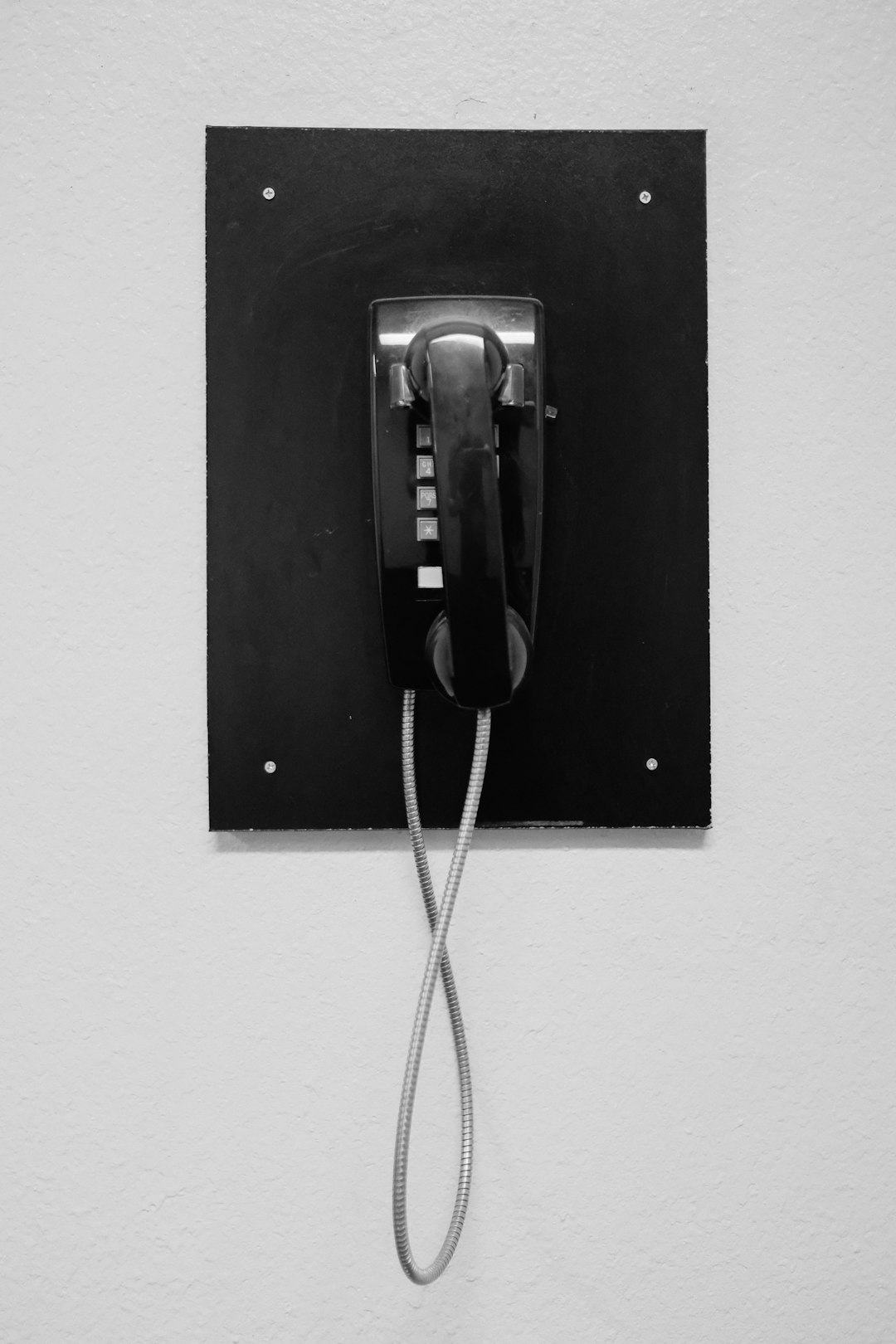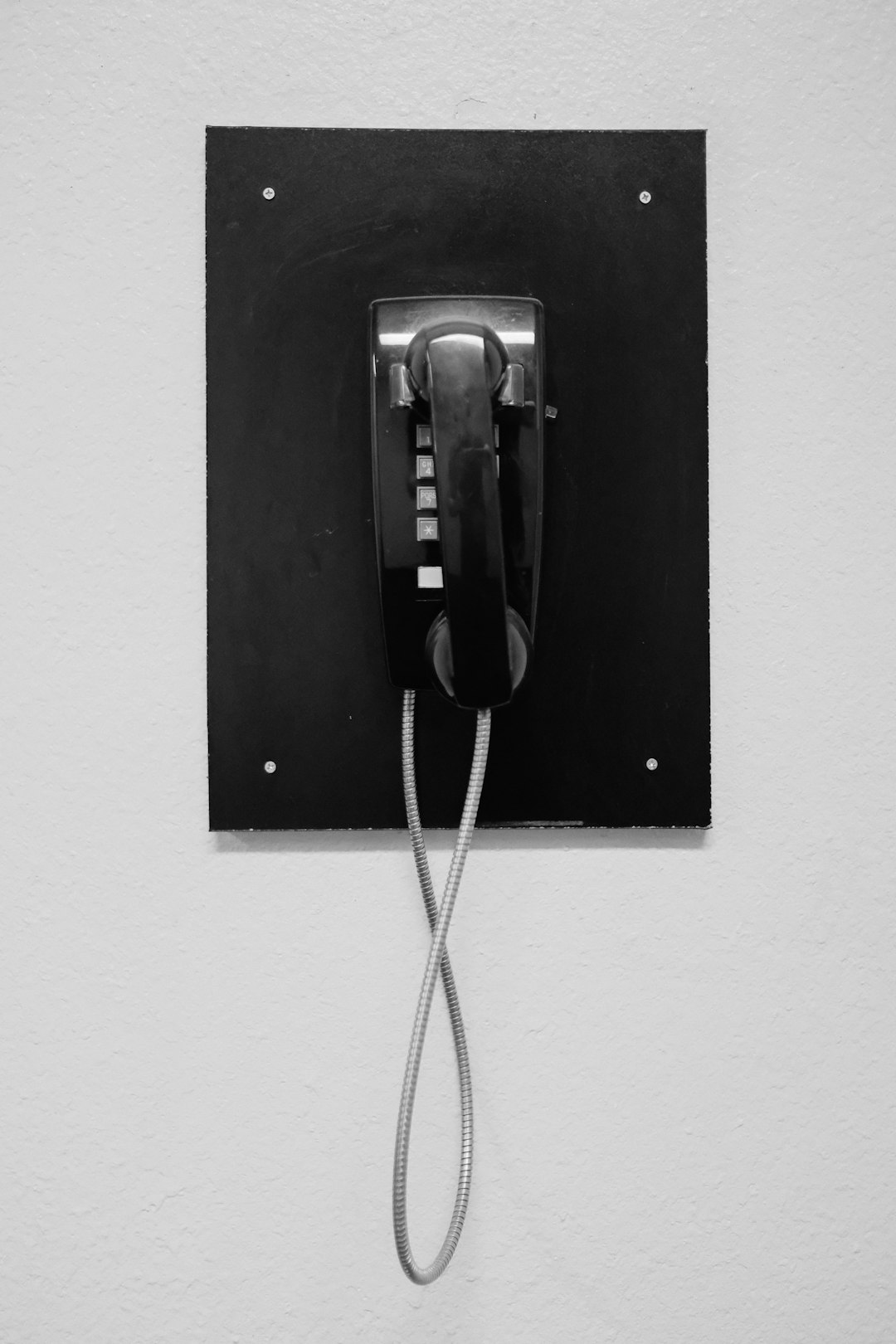Spam texts targeting healthcare in Nebraska pose significant privacy risks, highlighting the importance of HIPAA compliance. With text messaging becoming a primary communication tool, healthcare providers must implement strict security measures, educate patients, and adhere to stringent regulations like the Nebraska Privacy Protection Act to protect sensitive data from unauthorized access or disclosure. Best practices include encryption, access controls, user authentication, and regular staff training to mitigate data breaches and ensure secure patient communication in the face of growing cyber threats, particularly spam texts in Nebraska.
Spam texts in healthcare have emerged as a significant challenge, particularly in Nebraska, where patient data privacy is paramount. As digital communication becomes ubiquitous, spam messages pose a growing risk, violating HIPAA regulations and hindering effective patient communication. This article delves into understanding the nature of spam texts, exploring Nebraska’s legal framework, and offering solutions to enhance security measures for healthcare providers while ensuring compliance and improved patient engagement.
Understanding Spam Texts: A Growing Concern in Healthcare

Spam texts, a nuisance in everyday life, have found a new frontier in healthcare communication. With sensitive patient information at stake, Nebraska’s healthcare providers must navigate the complex landscape of patient consent and privacy regulations when dealing with unsolicited messages. The rise of digital marketing has led to an increase in spam text campaigns targeting various industries, including healthcare. Patients often receive promotional or non-consensual texts regarding medical services, medications, or even fraudulent schemes disguised as legitimate health alerts.
In Nebraska, as in many other states, the Health Insurance Portability and Accountability Act (HIPAA) sets the standard for patient data privacy and security. However, the rapid evolution of communication technologies has created challenges in enforcing these regulations, especially when it comes to text messaging. Healthcare organizations must ensure that any text communications are authorized by patients and comply with strict privacy protocols. The growing prevalence of spam texts highlights the need for enhanced awareness, robust security measures, and patient education to safeguard personal health information in the digital age.
HIPAA Compliance: Protecting Patient Data from Digital Intruders

HIPAA compliance is a critical aspect of healthcare that safeguards patient data in the digital age, especially with the rise of spam texts in Nebraska. The Health Insurance Portability and Accountability Act (HIPAA) sets standards for protecting sensitive patient information from unauthorized access or disclosure. In today’s world, where communication often occurs through text messages, hospitals and medical practices must be vigilant against potential security breaches. Spam texts, often carrying malicious links or requests for personal information, pose a significant risk to HIPAA compliance.
Nebraska healthcare providers need to implement robust measures to safeguard patient data from these digital intruders. This includes educating staff about the risks of spam texts and establishing protocols for responding to them. By adhering to strict security guidelines, such as encrypting sensitive data, using secure communication channels, and regularly updating security systems, healthcare organizations can ensure they maintain HIPAA compliance while effectively communicating with patients, even in the face of increasing cyber threats from spam texts in Nebraska.
Nebraska's Legal Framework: Navigating Spam Text Regulations

Nebraska, like many states, has implemented legal frameworks to address the growing concern of spam texts, particularly in the healthcare sector. The state’s regulations aim to protect consumers from unsolicited text messages, ensuring compliance with privacy standards and patient consent. Key laws include the Nebraska Privacy Protection Act, which outlines restrictions on sending commercial text messages, especially regarding marketing activities and data collection practices.
Healthcare providers and organizations operating in Nebraska must adhere to these rules when communicating with patients via text. This includes obtaining explicit consent from patients before sending any promotional or informational texts and providing an opt-out mechanism. Non-compliance can lead to legal repercussions, emphasizing the importance of understanding and adhering to Spam Text Nebraska regulations to maintain ethical and effective patient communication.
Impact on Patient Communication: Challenges and Solutions

Spam texts in healthcare present unique challenges for patient communication in Nebraska. As a result of relaxed regulations surrounding marketing and advertising, unauthorized messages promoting medications, treatments, or even fraudulent services can easily inundate patients’ phones. This disrupts effective communication between patients and their healthcare providers, leading to confusion, mistrust, and potential harm.
To address these challenges, healthcare organizations in Nebraska must prioritize HIPAA compliance when implementing digital communication strategies. This involves obtaining explicit patient consent for text messaging, using secure communication channels, and limiting messages to purely informational content relevant to the patient’s treatment plan. By adopting these solutions, healthcare providers can enhance patient trust, improve care coordination, and mitigate the negative impact of spam texts in Nebraska.
Enhancing Security Measures: Best Practices for Healthcare Providers

Healthcare providers in Nebraska face unique challenges when it comes to patient communication, especially with the rise of spam texts. To enhance security measures and comply with HIPAA regulations, several best practices should be implemented. Firstly, providers must ensure robust data encryption for all electronic communications, including text messages. This prevents unauthorized access and protects sensitive patient information.
Secondly, strict access controls and user authentication mechanisms should be in place to limit who can send and receive text messages on behalf of the healthcare organization. Regular staff training on cybersecurity best practices and the potential risks associated with spam texts is crucial. By adopting these measures, Nebraska’s healthcare providers can significantly mitigate the risks of data breaches and ensure secure patient communication, even when utilizing modern channels like text messaging.






